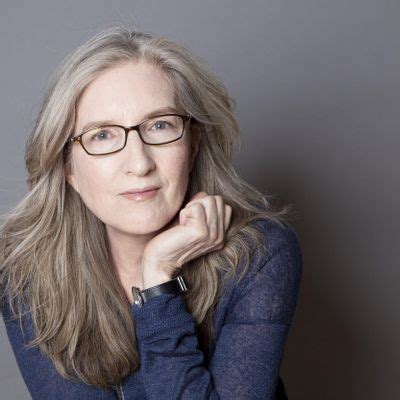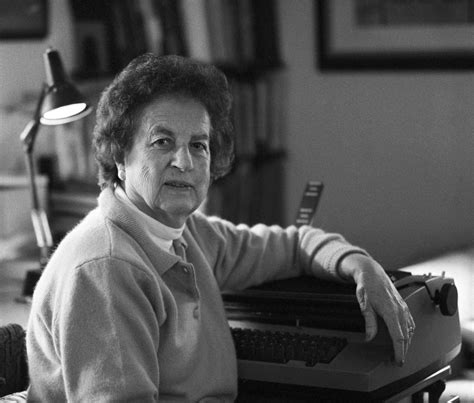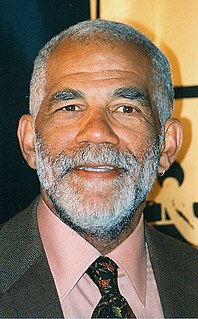A Quote by Beverly Cleary
I had a very wise mother. She always kept books that were my grade level in our house.
Related Quotes
I always say that comedians and actors were all kind of shy when they were young. I was very, believe it or not, kind of embarrassed as a child. But my mother was a very strong lady and she was the one that kept it going when I thought it would be over for me as a performer. She was always my inspiration and she was a big influence on me.
Our house was littered with books- in the kitchen, under the beds, stuck between the couch pillows--far too many for her the ever finish. I suppose I thought if my grandmother kept up her interests, she wouldn't die; she'd have to stay around to finish the books she was so fond of. "I've got to get to the bottom of this one," she'd say, as if a book were no different from a pond or a lake. I thought she'd go on reading forever but it didn't work out that way.
A lot of people say that Eleanor Roosevelt wasn't a good mother. And there are two pieces to that story. One is, when they were very young, she was not a good mother. She was an unhappy mother. She was an unhappy wife. She had never known what it was to be a good mother. She didn't have a good mother of her own. And so there's a kind of parenting that doesn't happen.
The idea of the book ["The Japanese Lover"] came in a conversation that I had with a friend walking in the streets of New York. We were talking about our mothers, and I was telling her how old my mother was, and she was telling me about her mother. Her mother was Jewish, and she said that she was in a retirement home and that she had had a friend for 40 years that was a Japanese gardener. This person had been very important in my friend's upbringing.
There was another reason [she] took her books whenever they went away. They were her home when she was somewhere strange. They were familiar voices, friends that never quarreled with her, clever, powerful friends -- daring and knowledgeable, tried and tested adventurers who had traveled far and wide. Her books cheered her up when she was sad and kept her from being bored.
He didn't call his father and mother 'Father' and 'Mother' but Harold and Alberta. They were very up to date and advanced people. They were vegetarians, non-smokers and teetotalers, and wore a special kind of underclothes. In their house there was very little furniture and very few clothes on the beds and the windows were always open.



































